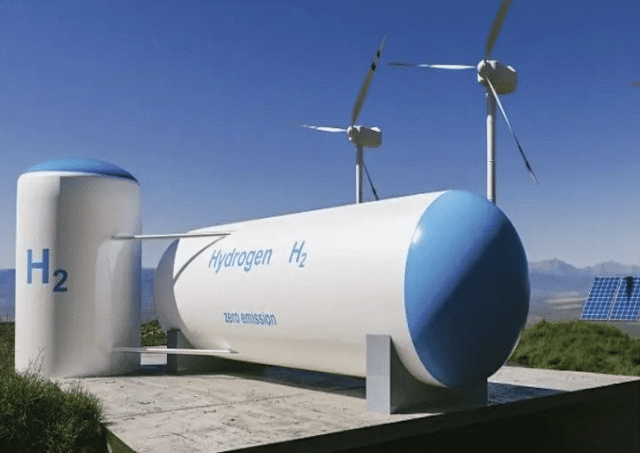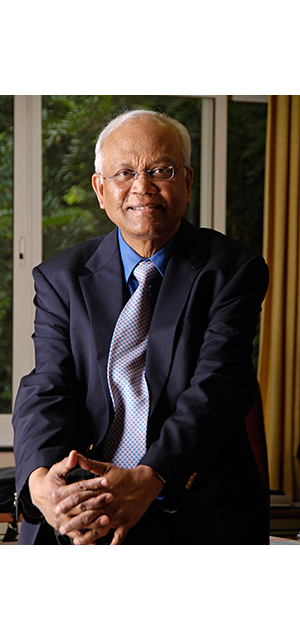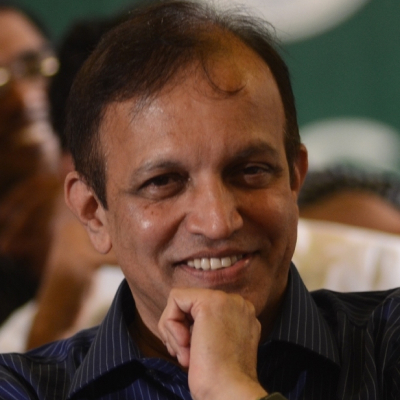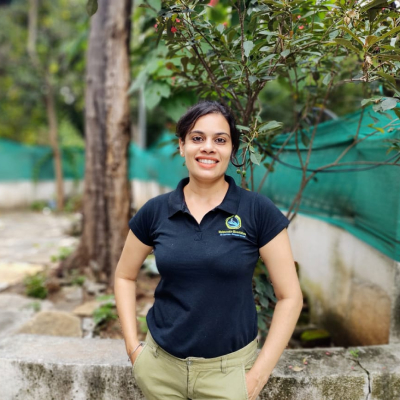– Dr. Richa Bobade
Currently world research is focused mainly on developing sustainable and clean energy sources to replace the carbon positive fossil fuels. The research so far was mostly dedicated to the development of fuel cells which utilize hydrogen to produce electricity. Apart from fuel cells, various other renewable power sources such as wind energy and solar energy have been explored. It has been projected that electricity from these renewables has become economically competent due to years of cost decline and advances in the technology.
Despite of the rapid progress in the renewable electricity, currently these sources hold a low share in the total electricity generation; Non-renewable fossil fuels holding a major stake in it. The major drawback of these sources is the supply and demand imbalances. This happens as their most productive periods are when electricity demands are lowest or vice –a versa; or in the case of wind energy they are produced in places far away from cities where the demand is high. Scientists have now come up with a new idea where in the renewables are supplemented with other dispatchable energy sources that can match with shifts in energy demands.
Hydrogen energy storage is one such promising option in this regards. Hydrogen energy storage is a process in which the surplus energy created by renewables during low energy demands is used to power electrolysis. During electrolysis an electrical current is passed through chemical solution to produce hydrogen. This hydrogen can be used in stationary fuel cells either for power generation or to provide fuel for EVs, injected into natural gas pipelines to reduce carbon footprint or even stored for later use.
Scientist from Oregon Center for Electrochemistry (OCE) and Arizona-based zero-emission vehicle company Nikola have examined the economic viability of electrolyzers and fuel cells powered by intermittent wind and solar for providing seasonal energy storage in the U.S. energy market. The study entitled as “Research priorities for seasonal energy storage using electrolyzers and fuel cell” published in Joule, has defined long-duration energy storage (LDES) as storage solutions with energy capacities equivalent to over 10 hours of rated power, with optimal levels reaching 100 hours. The researchers modelled a U.S. energy system relying 100% on wind and solar and supported by 200GW of LDES with a storage capacity of 80,000GWh. “For comparison, electrification of the entire fleet of light-duty vehicles in the U.S. would require 200 times less power capacity but 83 times greater energy storage capacity.”
The academics have further reported that “For modelled electrolysis stacks available at $200/kW, a hydrogen cost target of $1/kg is met at electricity rates [of] $0.02/kWh by future solid oxide electrolyzer cell (SOEC) electrolyzers operating at 1.2V or at electricity rates [of] $0.01/kWh by future proton exchange membrane (PEM) electrolyzers operating at 1.75V,” it concluded. “Growth of fuel cell markets from applications in back-up power to heavy-duty transportation could be leveraged to satisfy the need for inexpensive, low-capacity-factor power discharge facilities.”
Please see the following news Source(s) and original reference(s) therein:
Report Source: (https://www.pv-magazine.com)






Very informative article indeed, thank you!
Thank you for sharing very informative news.
very clear and good article easy to understand. Thank you